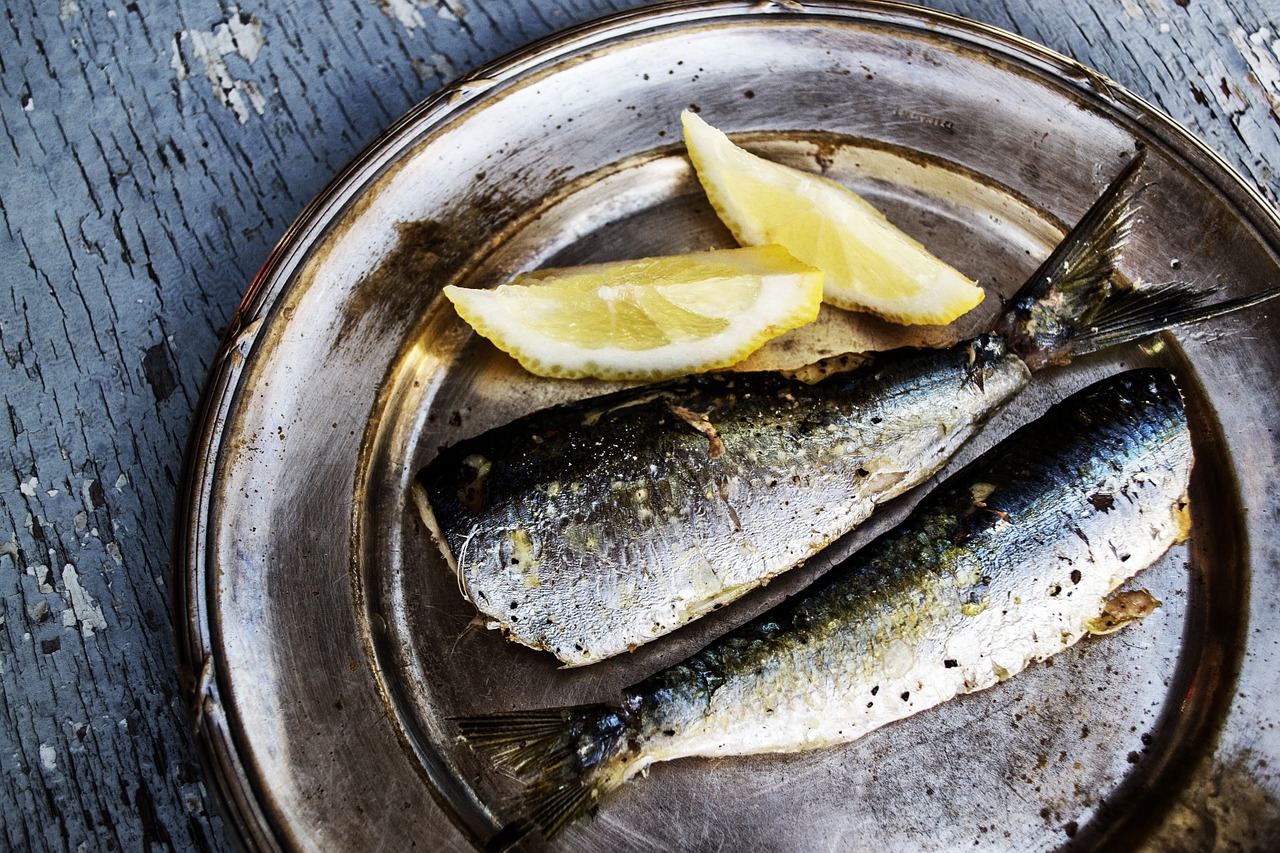Kombucha – an overview
The Chinese call Kombucha the ‘Immortal Health Elixir’. I am sure that this gives you somewhat of a hint as to what this is all about. It is packed full of goodness. There is a reason why it has been consumed for over 2,000 years, after all! Kombucha is a traditional, fermented tea made with a particular Symbiotic Colony of Bacteria and Yeasts (SCOBY), often referred to as a “mother,” or scientifically, as Fungus japonicus. This floating, cellulose-encased culture turns a sweetened tea (often black tea) into an energizing, refreshing, tangy drink. Kombucha contains digestive enzymes, amino acids, vitamins, and glucuronic acid. It is fermented to taste, and over time, the sweetness gives way to sour. And, depending on the extent of fermentation, residual sugars and caffeine may remain in the finished beverage.
What is Kombucha?
It is a fermented drink. It consists of black tea and sugar. The sugar comes from various natural sources. This means that Kombucha may contain honey, fruit, and cane sugar. This mix, once fermented, contains a ton of awesome stuff. This includes V vitamins, enzymes, some probiotics, and some bacteria which are there to help protect your cells from damage.
I am not going to go into everything that can be found in Kombucha because, quite frankly, it does not actually matter. What matters is that there is a wealth of benefits to Kombucha, and that is what the rest of this page will be dedicated to.
Kombucha Tea
Some kombucha teas have added juices, flavors, or sweeteners. Vitalitea is fermented to a moderately strong taste, at which point the characteristic flavors of kombucha shine through without the need for dilution or addition.
The ingredients are organic sugars and teas, reverse osmosis water, and the kombucha culture. The tea is fermented in large glass jars for approximately six weeks. Make your own kombucha tea at home, where you can enjoy the whole experience, and drink as often as you like.
Disease Prevention
It is not going to help to prevent every single disease. It is a miracle drink, but it is not that much of a miracle. However, because it is packed to the brim with antioxidants, it can help to protect the body against some disease, particularly those which start in the gut.
In addition to this, if you are suffering from a condition that causes inflammation, then the Kombucha can help to tone down that inflammation somewhat. It is believed that this is the reason why Kombucha can help combat some forms of cancer.
Restores Balance in the Digestive System
If you wish for your body to absorb all the nutrients from the food that you are consuming, then the gut needs to be in good working condition. There are plenty of different things which can throw it out of sync. The healthy bacteria packed into Kombucha help a long way towards restoring this balance. It is not going to be the ‘only’ solution, but it will certainly help.
Can Assist With Mental Conditions
B vitamins can be found in Kombucha. These B vitamins, particularly B12, are known for increasing mental wellbeing. In fact, there is some evidence that Kombucha can help when it comes to dealing with depression and related conditions.
Prevents Lung Disease
Some studies have looked at the inhalation of Kombucha in a way to combat lung disease. However, you should be able to get the same benefits from drinking it. Kombucha is known to help prevent conditions such as silicosis. The studies are still in their earliest possible stages, but the evidence that we have thus far is quite promising.
Prevents Infections
The good bacteria found in Kombucha is known for being able to fight off bad bacteria, much in the same way as an antibiotic. So, if you have an infection, then you may find that it is especially beneficial to consume Kombucha regularly. It is known to help fight E. coli, staph, salmonella, and other types of food poisoning.

